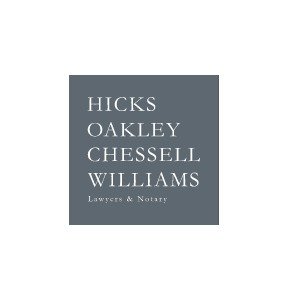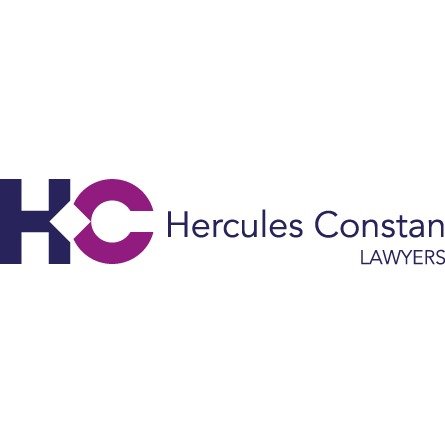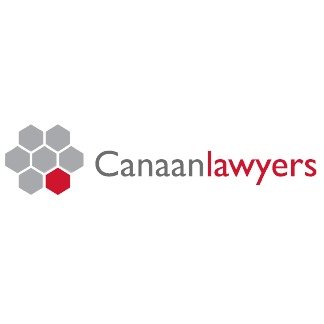Best Trademark Lawyers in Melbourne
Share your needs with us, get contacted by law firms.
Free. Takes 2 min.
List of the best lawyers in Melbourne, Australia
About Trademark Law in Melbourne, Australia
Trademark law in Melbourne, Australia, is primarily governed by the Trade Marks Act 1995 (Cth) and administered by IP Australia, the federal governing body responsible for intellectual property (IP) rights and legislation. Trademarks are essential aspects of branding allowing businesses to distinguish their goods or services from those of other traders. They can be a symbol, word, logo, or a combination of these. In Melbourne, for a trademark to be registered, it must be distinctive, not deceptive or contrary to law, and must not be identical or deceptively similar to any trademark.
Why You May Need a Lawyer
Engaging a lawyer can be critical in trademark protection and enforcement. Lawyers can guide you through the complex process of trademark registration, ensure your trademark is appropriately distinctive and doesn't infringe on others. If anyone infringes on your registered trademark, a lawyer can help address this through cease and desist letters, negotiation, litigation, or other applicable legal avenues. They can also aid in licensing and agreement drafting, ensuring correct usage and protection of your rights.
Local Laws Overview
The main law governing trademarks in Melbourne is the Trade Marks Act 1995 (Cth). This act provides outlines for what qualifies as a trademark, the registration process, and the rights of a trademark owner. Additionally, the Australian Consumer Law also plays an important role as it covers issues such as misleading and deceptive conduct. This includes instances where one trader's branding is so similar to another's that it may deceive consumers.
Frequently Asked Questions
1. How long does trademark protection last in Melbourne, Australia?
A registered trademark in Australia lasts for ten years, and can be renewed indefinitely every ten years.
2. What is the difference between ™ and ®?
The ™ symbol indicates a trader is using the logo, word, or phrase as a trademark, but it has not been officially registered. Conversely, the ® symbol means the trademark is registered with IP Australia and has national protection.
3. How does trademark law protect me?
Trademark law gives you the exclusive rights to use, license and sell your intellectual asset. It deters others from using similar marks that might create customer confusion or deceptively ride on your business's reputation.
4. Can I trademark a business name?
A business name registration does not grant exclusive rights like a trademark does. You can register a business name as a trademark, given it satisfies the trademark requirements.
5. Can I use a trademark without registering?
While you can use a trademark without registering, registering provides greater legal protection, making it easier to prevent others from using a similar mark.
Additional Resources
IP Australia's website offers numerous resources and services related to trademarks. The Australian Competition and Consumer Commission (ACCC) website also offers insights into the Australian Consumer Law, and the Arts Law Centre of Australia offers resources specific to artistic trademarks and copyright law.
Next Steps
If you wish to pursue trademark registration, legal advice, or believe your trademark has been infringed upon, you should reach out to a lawyer specializing in intellectual property or trademark law. Remember to bring all relevant documents and be prepared to discuss your business and its branding in detail.
Lawzana helps you find the best lawyers and law firms in Melbourne through a curated and pre-screened list of qualified legal professionals. Our platform offers rankings and detailed profiles of attorneys and law firms, allowing you to compare based on practice areas, including Trademark, experience, and client feedback.
Each profile includes a description of the firm's areas of practice, client reviews, team members and partners, year of establishment, spoken languages, office locations, contact information, social media presence, and any published articles or resources. Most firms on our platform speak English and are experienced in both local and international legal matters.
Get a quote from top-rated law firms in Melbourne, Australia — quickly, securely, and without unnecessary hassle.
Disclaimer:
The information provided on this page is for general informational purposes only and does not constitute legal advice. While we strive to ensure the accuracy and relevance of the content, legal information may change over time, and interpretations of the law can vary. You should always consult with a qualified legal professional for advice specific to your situation.
We disclaim all liability for actions taken or not taken based on the content of this page. If you believe any information is incorrect or outdated, please contact us, and we will review and update it where appropriate.














